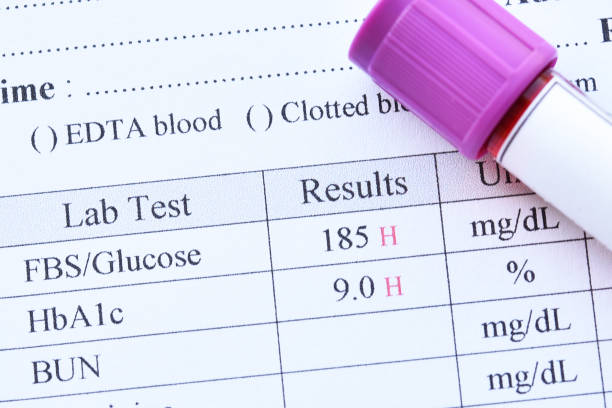
Bremo offers A1C testing for $30!
What is A1C?
Think about it like your batting average. If a baseball player is up to bat 1000 times, and hits 500 out of 1000 pitches thrown their way, their batting average is 0.5! Pretty good, right? Well, A1C is similar in the sense that it measures all of your blood sugar levels from the past 3 months. With a batting average, striking out one day probably won’t make much of a difference in your total average. With A1C, eating really well or really poorly for one day won’t affect your level. That is why an A1C can be so helpful. It measures how your body is processing sugar on a daily basis for 2-3 months. If you feel that you’ve been urinating frequently, or are constantly thirsty or hungry, those could be signs that your blood sugar is high, and A1C can help gain some insight on the steps to take to get it under control. Or, if you have been diagnosed with diabetes and want to see how you are managing your blood sugar, knowing your A1C can be very helpful.
What is a normal A1C?
That depends. Have you been diagnosed with diabetes? If you have, then you and your doctor can have a conversation about your goal. The American Diabetes Association recommends an A1C of less than 7% in most people with diabetes. This can be achieved with proper diet, exercise, and medication therapy.
If you haven’t been diagnosed with diabetes, then your A1C should be below 5.7%. If your A1C is between 5.7%-6.4%, that means that you are at a higher risk for developing diabetes. An A1C of 6.5% or higher is an indicator for diagnosis of diabetes.
Who should get an A1C reading?
According to the American Diabetes Association:
● Adults over the age of 45 should have an A1C level assessed as a baseline.
● Adults who are younger than 45 years old, who are overweight, and have one or more risk factors for diabetes should get their A1C level checked.
● An adult with a diagnosis of diabetes should check their A1C level at least twice yearly.
Why should I get an A1C reading?
In some people, diabetes may go unnoticed until complications develop. Examples include vision loss, neuropathy, decreased kidney function, foot sores, and impaired healing processes. However, diabetes is a very manageable disease state, and early detection is key to preventing complications. Knowing your A1C can help make a plan to monitor and control your blood sugar if needed.
For those with a diagnosis of diabetes, A1C is an important tool to actively manage therapy. The A1C level can help providers choose the best medications and treatment options to help you meet your goals.
How can I get an A1C test?
Bremo Pharmacy offers same-day-result A1C testing! It is $30, and you will receive information on preventing or managing diabetes, an interpretation of your test result, and we can also contact your provider with your results to ensure you are receiving continued care.
Can I eat before my test?
Yes! Because the A1C test examines the last 2-3 months, there is no requirement to stop eating at a certain time before getting an A1C reading.
I’m pregnant. Can I check my A1C at Bremo Pharmacy?
Gestational diabetes can only be diagnosed by your provider with an oral-glucose-tolerance test. Contact your provider for more information on assessing your blood sugar if you are pregnant.
References:
Complications. Retrieved from http://www.diabetes.org/living-with-diabetes/complications. “Complications.” American Diabetes Association. Accessed August 3, 2021.
Type 2. Retrieved from http://www.diabetes.org/diabetes-basics/type-2
Chicago: “Type 2.” American Diabetes Association. Accessed August 3, 2021.
Understanding A1C. Retrieved from https://www.diabetes.org/a1c. “Understanding A1C.” American Diabetes Association. Accessed August 3, 2021.
A1C and eAG. Retrieved from https://www.diabetes.org/diabetes/a1c-test-meaning/a1c-and-eag. “A1C and eAG”. American Diabetes Association. Accessed August 3, 2021.


